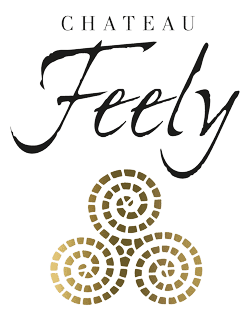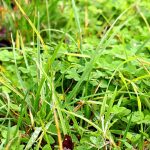Pesticides in conventional wine – signature aromas and flavours
This is an extension to my original post Seralini’s book ‘Le Gout des Pesticides’ the taste of pesticides. For wine professionals Seralini’s analysis offers handy ‘signature’ aromas and sensations for identifying pesticides in wines. For wine drinkers it’s a wake up call to only drink organic wine.
Pesticides regularly found at levels hundreds of times higher than what is allowed in drinking water
Pesticide analyses by Generations Futures and UFC Que Choisir over the last few years have found levels of pesticides in conventional wines that are way above (hundreds of times) the level allowed in our drinking water. The level of pesticides allowed in drinking water in the EU is upto 0.1 parts per billion (0.1 micrograms) for a single pesticide and upto 0.5 parts per billion (0.5 micrograms) for the total pesticides.
Prestigious Pomerol not necessarily pristine
In the book Seralini notes that prestigious wines are not necessarily virtuous wines. Going beyond the core research that took two Pomerols into account Seralini purchased 7 bottles of Pomerol – one of the most prestigious French wine appellations – ranging in price from 40 euro to 400 euro. Five of the seven bottles had pesticide residues. The highest had 333 parts per billion (ppb) or 667 times the level considered acceptable in drinking water. The 400 euro bottle wine included 146 ppb of Boscalid, that is, 1460 times the acceptable level for drinking water. Boscalid attacks thyroid and liver and is a possible carcinogen.
What do pesticides found in conventional wines taste like?
In the english version of Seralini’s original official research paper
(http://www.seralini.fr/wp-content/uploads/2018/02/Seralini-GE-Douzelet-J-Food-Nutr.J._2017.pdf) you can find a neat table on page 5 of the findings about the aroma/ taste of the different pesticides widely used in conventional viticulture. For wine professionals his analysis offers invaluable ‘signature’ aromas / sensations for discerning pesticides in wines when wine tasting.
Seralini versus Monsanto
Seralini is not frightened of going up against the giants of the agrochemical industry. Seralini’s GM research was attacked by Monsanto. Seralini took up seven cases of defamation against lobbies or people associated and won all seven. Prof Seralini must be happy about the recent US court decision to award 289 million dollars in damages to a school groundsman who is dying from cancer after using Monsanto’s Roundup glyphosate for years. Unfortunately the award has already been reduced significantly on appeal. According to Monsanto’s parent company Bayer there are more than 8000 cases like this pending against the company. The tip of the iceberg.
The surreal act of tasting pesticides found in wine
But back to the book – the final word goes to Jonathan Nossiter a film producer – most known for the cult wine documentary classic ‘Mondovino’ that pitted California against Burgundy and Bordeaux- who concludes with a section headlined ‘the surrealistic act of tasting pesticides’ – see my original article on Seralini’s book ‘the taste of pesticides’ for the method. Nossiter congratulates Seralini for standing up to powerful multinationals and notes that the new entity created by the Bayer Monsanto merger has revenue greater than the GDP of France. It’s easy to see how an entity of this size can make rules suit them via powerful lobbying. Resist.
Conclusion: drink organic wine
Bottom line only drink and buy organic wine. If you are a professional obliged to taste non-organic wines then gen up on Seralini’s invaluable ‘signature’ aromas / sensations for discerning pesticides in wines table of the tastes of the pesticides on page 5 and be sure to spit.
See our series on the series of ‘why organic’ blog posts and find Feely organic biodynamic wine online here. Come and learn more about wine and organic farming with a visit to Chateau Feely in South West France ; stay with us or do a multi day course . You can read about the story of our organic farm the series includes three books Grape Expectations; Saving our Skins and Glass Half Full by Caro Feely. Join our mailing list to receive our seasonal newsletter, wine school, events, wine pairing, recipes and more info on this topic at the bottom right of this page.









